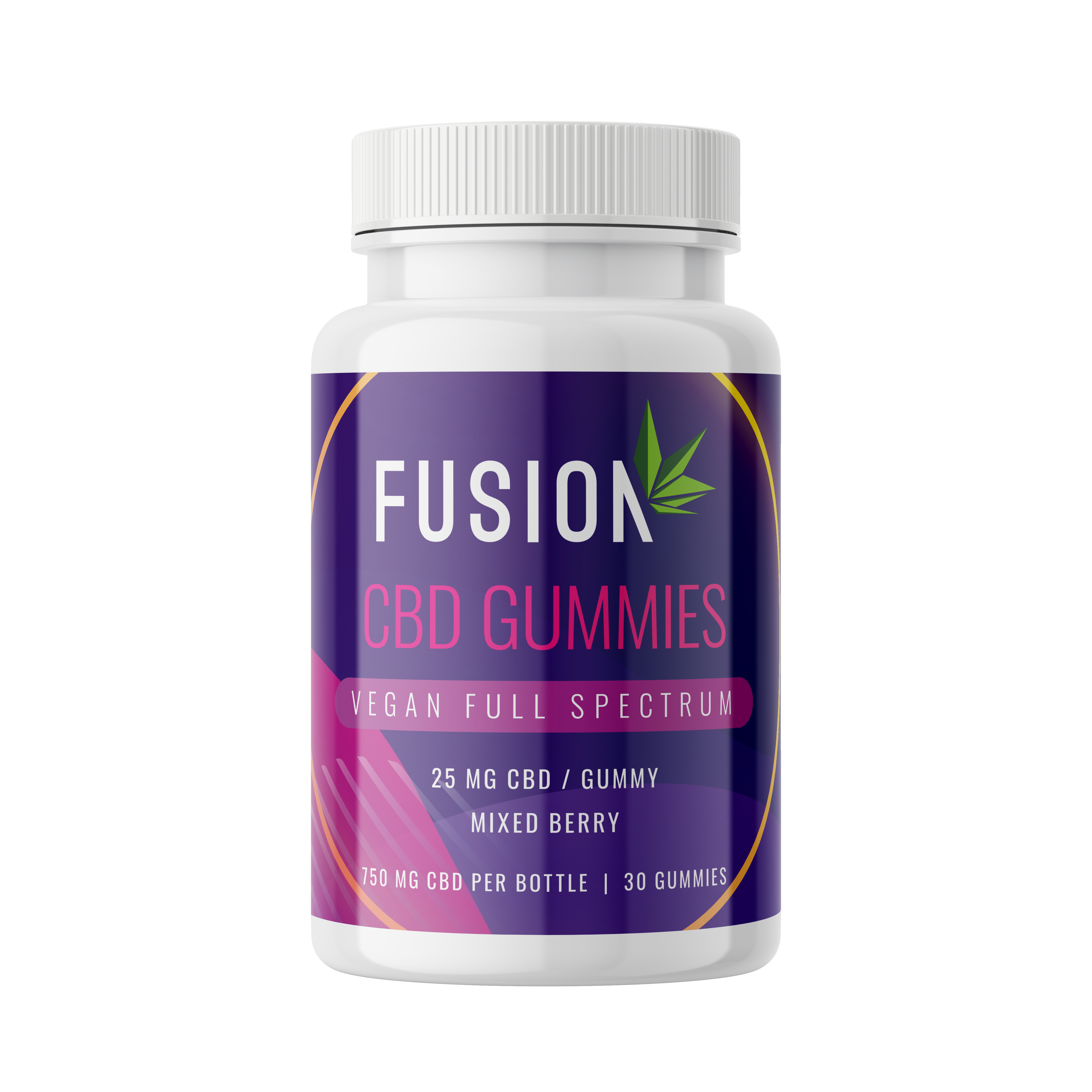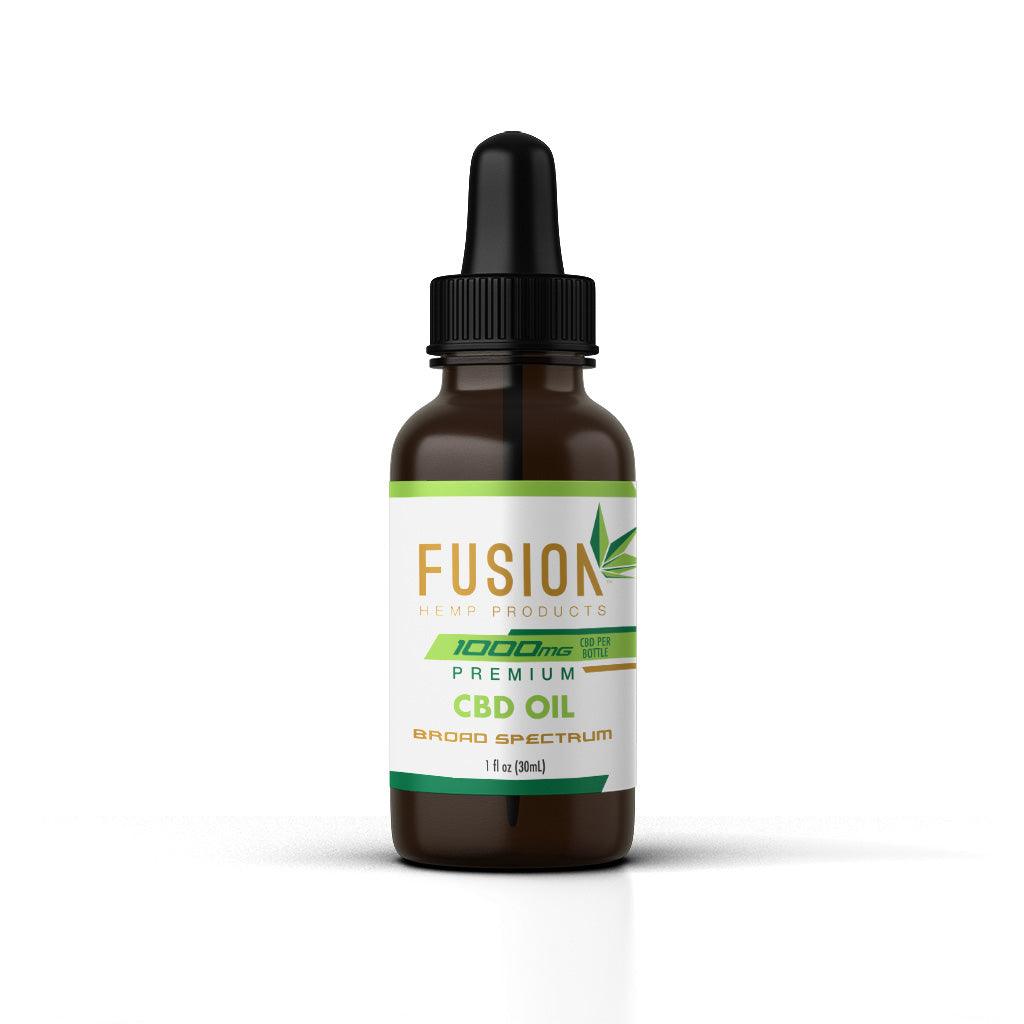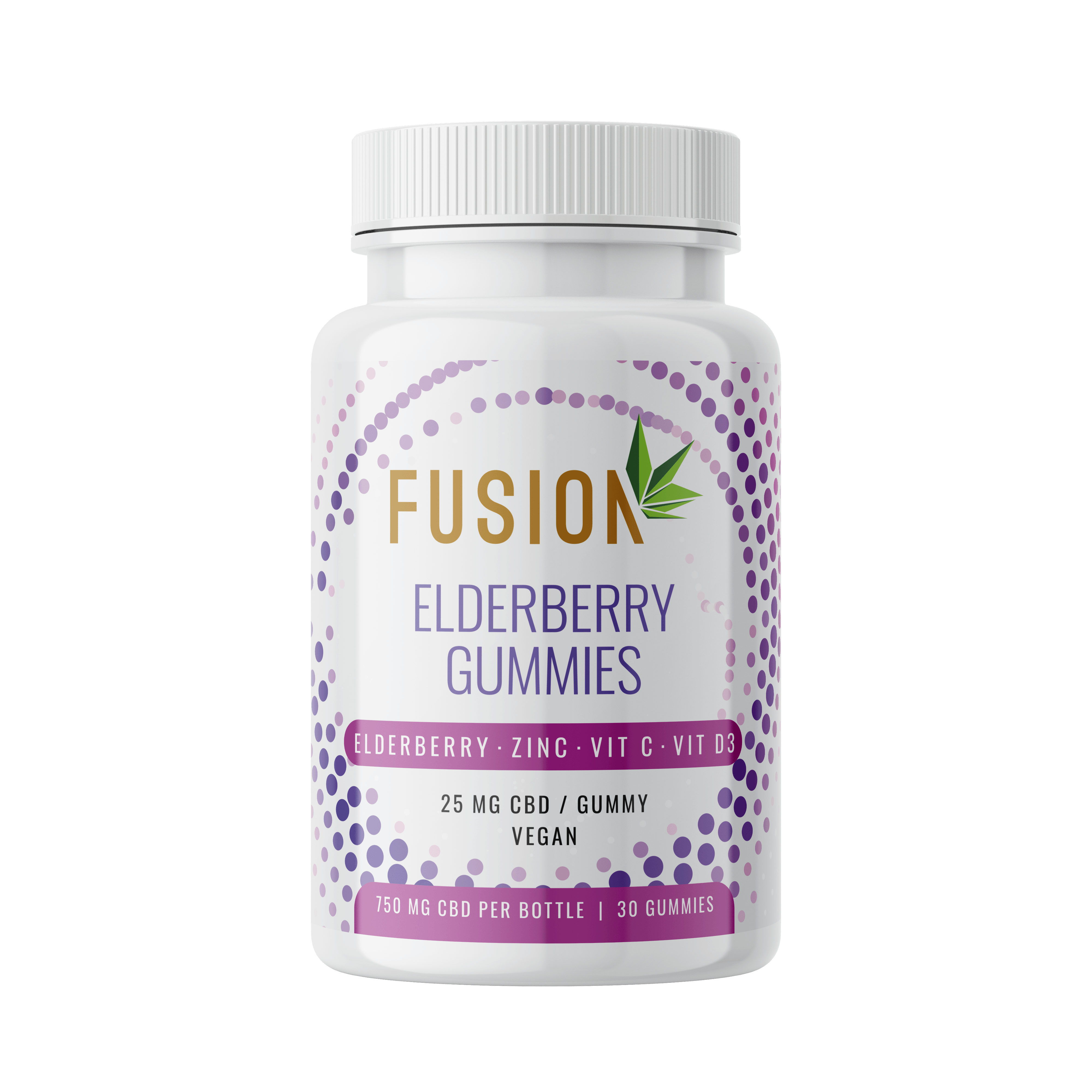News
The Difference Between Full-Spectrum and Broad-Spectrum CBD: You!
If this is your first time using CBD, you’ve probably heard a lot about the broad-spectrum vs. full-spectrum debate. Not only can this difference be confusing when it comes to purchasing and dosing, but it can also have significant and sometimes serious effects on your health and well-being. Today, we’ll look at the difference between full-spectrum and broad-spectrum CBD and how you can decide which type is right for you.
What Is CBD?
The cannabis plant contains a natural compound called CBD, or cannabidiol. It has recently become popular due to its potential benefits, such as reducing anxiety and inflammation, as well as its ability to help with chronic pain. CBD is most commonly taken in the form of oil, capsules or edible products.
The cost of CBD products can vary depending on the type, quality, and quantity. Higher quality products tend to be more expensive, but also offer more beneficial effects. CBD products that are made from high-quality ingredients and contain higher concentrations of CBD are more expensive, but can also provide more relief.
Check Out Fusion CBD Products

Vegan Full Spectrum CBD Gummies

Pure Broad Spectrum CBD Oil

Elderberry CBD Gummies
Decide What You Need From CBD
Before you decide to use CBD, it’s important to understand what effects you’re looking for.
Why CBD? The reasons you take CBD will have a big impact on the strain you choose. If you’re taking CBD to fall asleep or relax, you may need something different than if you want to treat a mental health issue like anxiety.
Other factors that go into deciding between broad-spectrum and full-spectrum CBD include how often you take it and how and where you plan to consume it. Most CBD can be vaped, eaten, taken as an oil, or applied topically, so you have many options! Keep in mind that these considerations are just a roadmap for your intake, and it’s important to adjust your CBD consumption as you go to find the perfect dosage.
If you’re taking CBD with your doctor’s approval, you should always discuss with them how much CBD you should be taking and how you should be taking it. In addition, it’s important to monitor your progress and inform your doctor of any side effects you may experience.
Full-Spectrum vs. Broad-Spectrum CBD: What Is The Difference?
Once you know why and how often you want to use CBD oil, you need to consider what type of oil you want to use. The main difference between full-spectrum and broad-spectrum CBD oils is the number of active ingredients they contain in addition to CBD.
Let’s discuss this in more detail:
The cannabis plant is composed of a large number of compounds, including myrcene, terpenes, and, most famously, tetrahydrocannabinol (THC). Taken together, the compounds in the plant have many fascinating effects, including psychoactive and therapeutic abilities, such as pain relief, relaxation, and anti-inflammatory properties.
CBD is one of those compounds that has powerful effects on the user’s body by binding to receptors in the brain. Through a series of extraction processes, it can be separated from the THC compound to produce a substance with medicinal properties that is safe for consumption.
The difference between full-spectrum CBD and broad-spectrum CBD is how isolated CBD is from the other compounds in the oil, particularly THC. It’s important to note that full-spectrum CBD can contain up to 0.3% THC, while broad-spectrum CBD usually contains less.
Research Before Buying CBD: Why It’s Important
These are just a few of the reasons why you should always research a product thoroughly before purchasing a product (which you’re doing now – good for you!) and make sure you’re buying it from a reliable and trusted source. To ensure you’re getting the best and safest product, always make sure it has been lab tested and that the lab reports are available and easily accessible. That way, you can be sure that the product you’re buying is safe and effective. Third-party testing is also a must when considering a product. Look for third-party certifications or reviews from trusted experts in the field. This is an added assurance that the product is safe and effective. Look for third-party certifications or reviews from trusted experts in the field.
Also, it should be easy to determine the THC content of your product by looking at the bottle. If you can’t read the label, it’s a red flag and a sign that you should look for another supplier. Last but not least, you should always read reviews before buying to make sure you’re getting the best quality product for your money.
What Is Full-Spectrum CBD?
Full-spectrum CBD is isolated from THC but contains most other cannabis compounds such as myrcene and terpenes. It can contain up to the legal limit of 0.3% THC.
In this state, CBD can work more effectively, and experts refer to its enhanced effects as the “entourage effect.” Basically, this means CBD is most effective when used in combination with the other compounds naturally found in the plant.
When THC is mentioned, some people may wonder, “Will full-spectrum CBD get me high?” The answer is no, but only if the guidelines are followed. While taking a large enough dose of full-spectrum CBD could theoretically lead to a high, most products taken at the right dosage or according to a doctor’s instructions will have a positive effect without psychoactive effects.
What Are Full-Spectrum CBD’s Benefits?
Full-spectrum CBD is believed to last longer and has a stronger effect than broad-spectrum CBD or CBD isolate. For this reason, it may be an effective supplement for treating mental health conditions such as anxiety and depression and could have seizure-inhibiting properties. Other potential benefits of full-spectrum CBD include better sleep, improved immune system function, and greater pain relief.
What Is Broad-Spectrum CBD?
Broad-spectrum CBD is another derivative of CBD; think of it as full-spectrum, only slightly attenuated. Broad-spectrum CBD does not contain any THC and contains fewer compounds in addition to CBD. It’s important to note that broad-spectrum CBD is not the same as CBD isolate, a far more processed product that is believed to have far less effect. Broad-spectrum CBD tends to be more expensive than full-spectrum CBD because of the additional processing. However, it is still cheaper than CBD isolate, which is the most expensive type of CBD on the market.
What Are Broad-Spectrum CBD’s Benefits?
Broad-spectrum CBD allows users to benefit from the entourage effect, which is not present in CBD isolate, without consuming THC.
The entourage effect is a phenomenon in which the compounds in the cannabis plant work together to produce a stronger effect than when taken alone. Broad-spectrum CBD contains all of the compounds found in full-spectrum CBD except for THC. This means users can still benefit without feeling the psychoactive effects of THC.
From reducing inflammation to anxiety-relieving effects, broad-spectrum CBD offers a wide range of potential benefits.
Full-spectrum and broad-spectrum CBD Legal Status
Under the Farm Bill, any cannabinoid derived from hemp is legal as long as it is produced in accordance with federal and state regulations and by a licensed grower. Both products are legal in the United States as long as they contain less than 0.3 percent THC. The benefits of this legality are immense. It opens the door for research into the potential therapeutic benefits of CBD. It also creates opportunities for investment and entrepreneurship in the hemp industry. It also removes the stigma of cannabis-derived products and makes CBD products more accessible to consumers.
Can CBD Show On A Drug Test?
Generally, CBD is not detected in standard drug tests because it is not targeted by them. Standard drug tests typically look for THC, the psychoactive component of cannabis, and not CBD. However, it is possible that CBD will be detected in more specialized tests designed to look for cannabinoids like CBD. Therefore, it is important to be aware of the type of drug test that will be performed before taking any product containing CBD.
Full-Spectrum vs. Broad-Spectrum CBD: Which Is Better?
If you’re wondering whether full-spectrum or broad-spectrum CBD is better, the answer is neither! Depending on which form of CBD best suits your needs and preferences, it’ll be the right CBD for you. Once you’ve decided on full- or broad-spectrum CBD, you get to the fun part: deciding how you want to consume it.
There are a variety of options, such as baking the CBD oil into an endless variety of foods and even infusing it into coffee – this is where you can really enjoy your CBD!
Looking for ways to incorporate CBD into your daily life? Check out our wide range of products, or contact us to learn more.
You can also find answers to a variety of cannabis questions on Fusion’s Answers page. Whether you’re looking for answers to general questions or specific advice, Fusion’s Answers page is an invaluable resource.
Full-Spectrum Vs Broad-Spectrum FAQ
Is CBD Safe?
Yes, CBD is safe to use. It has been extensively studied and found to be non-toxic and non-psychoactive. In fact, CBD has many potential benefits. However, it is important to remember that there is no one-size-fits-all dose for CBD. Everyone reacts differently to cannabinoids, so it’s important to start with a low dose and gradually increase it until you find the right amount.
Is Full Or Broad-Spectrum CBD Better For Anxiety?
CBD with broad-spectrum effects contains a variety of cannabinoids and terpenes. These include trace amounts of THC, which can work synergistically to produce a stronger effect. As a result, it can be more effective in relieving anxiety than a full-spectrum CBD product, which does contain THC, but in higher amounts. However, broad-spectrum CBD is not as effective as full-spectrum CBD in treating certain conditions, such as chronic pain.
How Does CBD Differ From Delta-8?
CBD is a cannabinoid derived from the cannabis plant. Delta-8 is an isomer of CBD derived from hemp oil. CBD generally has a sedative effect, while Delta-8 has a more stimulating effect. Delta-8 can provide a feeling of alertness that allows the user to focus on tasks or activities.
Is Full-Spectrum CBD Illegal?
The legality of CBD varies from country to country and even state to state. In general, CBD is legal in the US as long as it is derived from hemp and contains less than 0.3% THC. However, it is important to check local laws before purchasing or using CBD. For example, in the state of Idaho, CBD oil is still considered illegal even if it contains less than 0.3% THC.
Full-Spectrum vs. Broad-Spectrum CBD Advantages?
Full-spectrum CBD contains all compounds found in the hemp plant, including cannabinoids, terpenes, flavonoids, and essential fatty acids. It also contains trace amounts of THC, which is beneficial for the “entourage effect.” Broad-spectrum CBD contains all of the compounds found in the hemp plant, but no THC. This is beneficial for people who want the benefits of the hemp plant without psychoactive effects.
